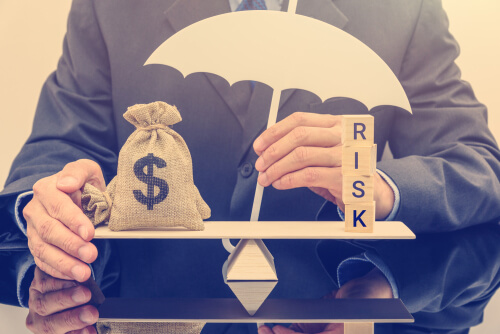
WEALTH PATH
Top 3 dangers to avoid when you invest
Investing is key to saving enough for retirement, especially since investments like bonds are providing a historically low rate of return. Although stocks have historically provided high rates of return over long periods of time, they carry an inherent risk.
To choose the best investments, here are three dangers to avoid:
- Investing without a plan - Don’t make the mistake of spending more time planning your vacation than planning your financial future. Numerous studies show that people who are methodical enough to create a written investment plan can expect to outperform their peers, not by just a few percentage points, but by multiples.
There are many different investment strategies, but all of them require disciplined implementation over many years to assure that you come out a winner in the end. That means you should never “invest” on rumours, hot tips, stories, conjecture, future predictions, or an expectation the market will go up.
- Investing with money you'll need soon - The stock market is a great place to keep your money, if you don't need the cash right away. Any money that you'll need within the next few years should be kept in an accessible savings account or put into a safe investment like a certificate of deposit. You should only invest in the stock market with money that you can leave alone in case of a downturn. For investments that allow you liquidate within 24 hours, you can start investing in money market fund.
If your investments take a big hit, you’re going to be in a lot of financial trouble if you need that money right away. Stocks grow at a much higher rate than most other investments, but their average annual returns of about 10% have been achieved over the course of decades.
There are years when the market drops and years when it soars, and you need to stay invested for years so that you can ride out the lows and profit from the highs, rather than being forced to sell when the market has reached a trough.
- Volatility - Sometimes called “market risk” or “involuntary risk,” volatility refers to fluctuations in price of a security or portfolio over a year period. All securities are subject to market risks that include events beyond an investor’s control. These events affect the overall market, not just a single company or industry.
Risk factors include:
- Geopolitical Events - World economies are connected in a global world, so a recession in China can have dire effects on the economy of the United States. The withdrawal of Great Britain from the European Union or a repudiation of NAFTA by a new U.S. Administration could ignite a trade war among countries with devastating effects on individual economies around the globe.
- Economic Events - Monetary policies, unforeseen regulations or deregulation, tax revisions, changes in interest rates, or weather affect the gross domestic product (GDP) of countries, as well as the relations between countries. Businesses and industries are also affected.
- Inflation - Also called “purchasing power risk,” the future value of assets or income may be reduced due to rising costs of goods and services or deliberate government action.
If you are not sure of how to invest or what type of investments you should put your funds, check out this investment profiler to learn about your investment risk profile.



.jpg)
.jpg)
.jpg)